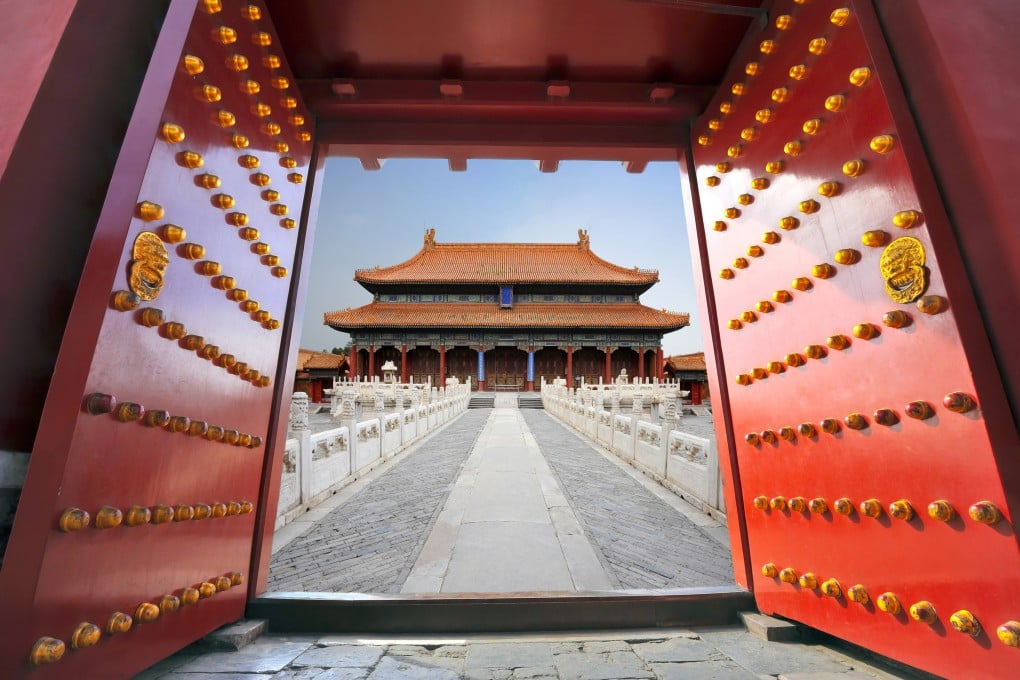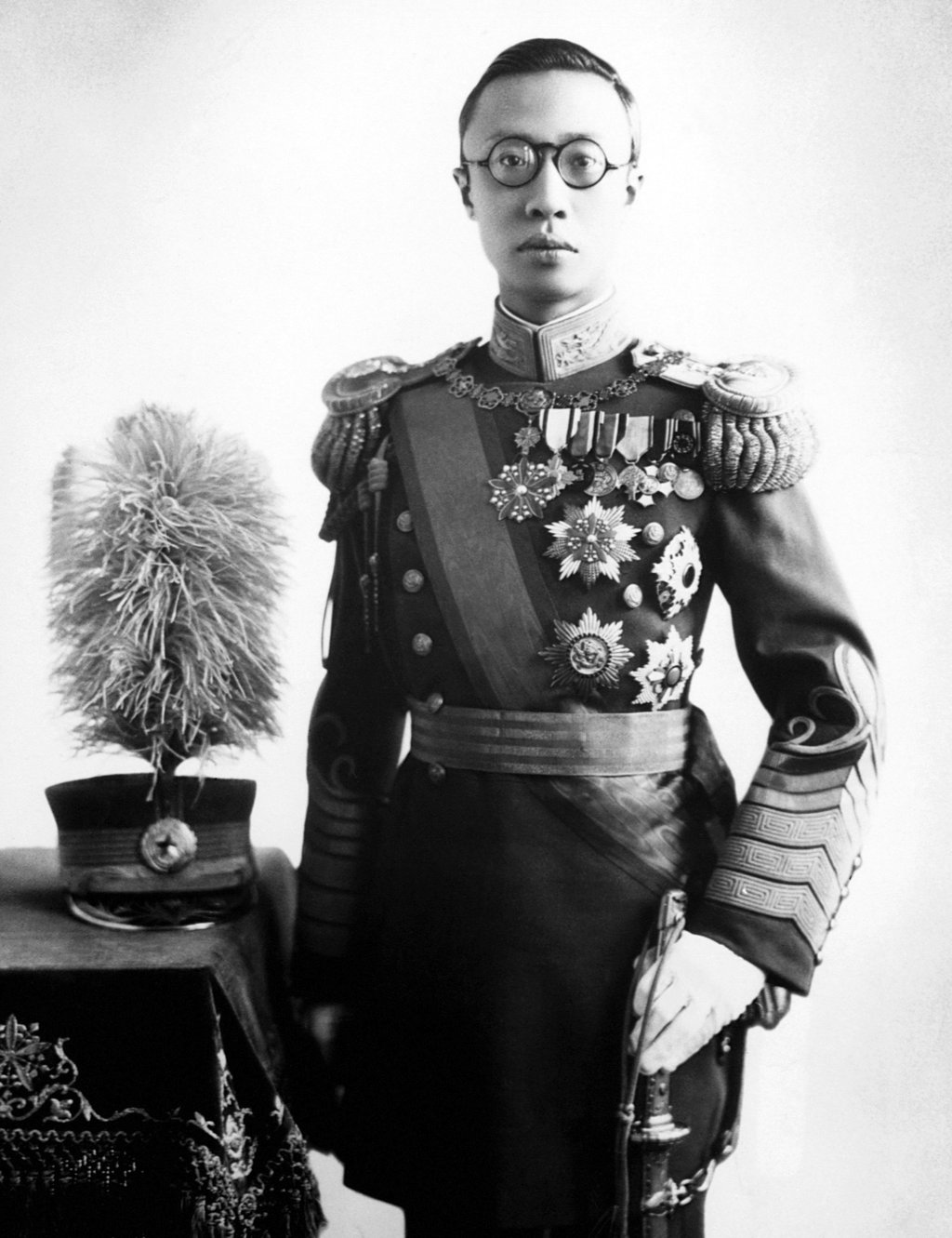My Take | Why is China finding it so hard to close the chapter on Qing history and what are its implications?
- 112 years after the last Qing emperor abdicated, China has yet to come to grips with its past, as the authorities have still not ‘finalised’ the official version of history
- A draft of the History of Qing Dynasty led by scholar Dai Yi was completed in 2018, but there has been no official acknowledgement about when the book will be published

China’s Qing dynasty ended 112 years ago when the last emperor, Puyi, abdicated on February 12, 1912. But more than a century later, China is still in the process of finding a “finalised” version of the dynasty as debate rages on how the modern Chinese nation should remember its past.
Firstly, the Chinese government’s efforts to compile a comprehensive and authoritative history of the Qing dynasty has reportedly hit a snag. As early as 2002, Beijing created the National Qing History Compilation Committee with the blessing of the then leaders to produce the People’s Republic’s comprehensive take on the Qing dynasty, thus keeping up the tradition of winners rewriting history and providing its own take on the erstwhile rulers.
But the task of giving the final say on 268 years of history – from 1644 when the Manchu army conquered Beijing to 1912 when the last emperor ceded power – has proved to be daunting to say the least.
After nearly two decades of painstaking work by a group of renowned historians, led by scholar Dai Yi, a draft of the History of Qing Dynasty, which contains more than 32 million Chinese characters in 106 volumes, was completed in 2018 and ready for review.

To this day, however, there’s still no news about when the gigantic tome, which is 40 times longer than the Chinese classic novel, The Dream of Red Chamber, will be published.
According to Taisu Zhang, a professor of law and history at Yale University, the project was put on ice, as the draft was deemed “overly influenced by the New Qing History”, referring to a school of thought on Qing history that is popular among US scholars.
